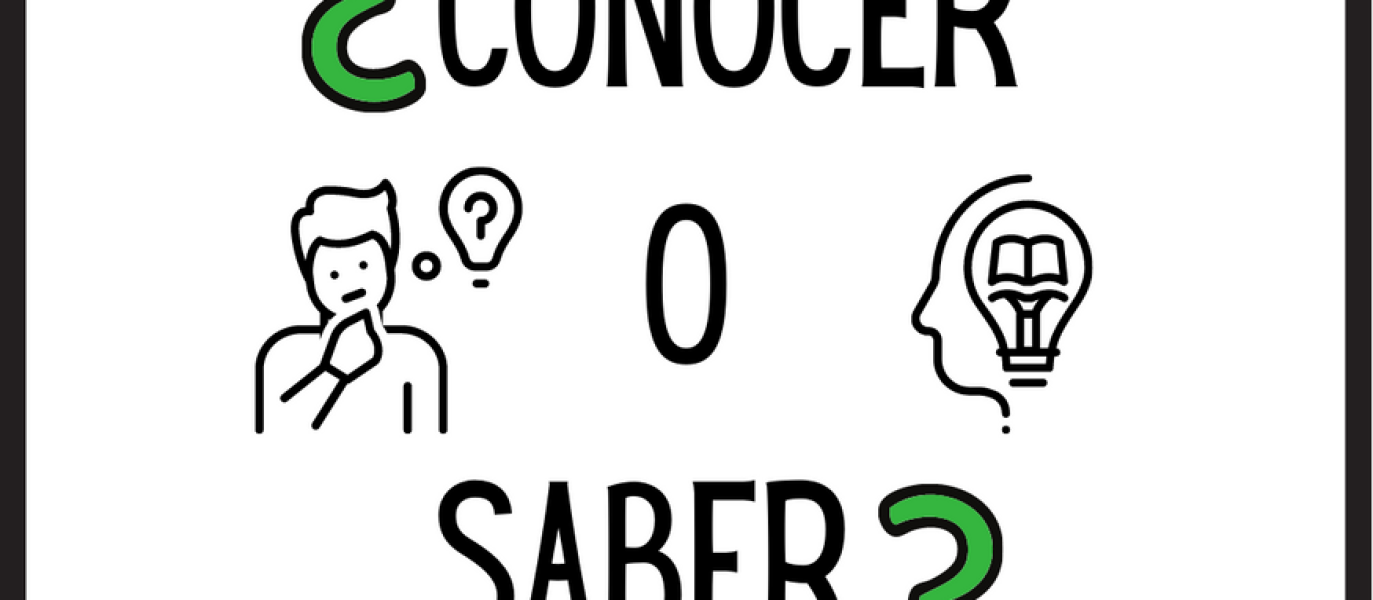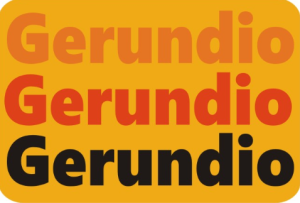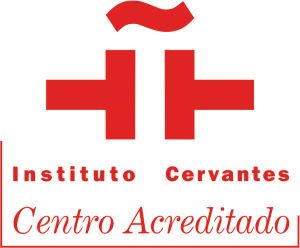It’s important to note that saber and conocer are not interchangeable. Mixing them up can lead to awkward or confusing situations, as they have very specific uses. Here are some common pitfalls to avoid:
- Saber (To Know Facts or How to Do Something)
When to Use Saber:
- Facts or Information: Use saber when you know specific facts or pieces of information.
Example: “Sé que Madrid es la capital de España.” (I know that Madrid is the capital of Spain.)
- How to Do Something (Skills): Use saber when talking about knowing how to do something (skills or abilities).
Example: “Sé hablar español.” (I know how to speak Spanish.)
- Saber + Question Words: When introducing specific information with question words (qué, dónde, cuándo, cómo, etc.), use saber.
Example: “No sé dónde está la estación.” (I don’t know where the station is.)
- Conocer (To Be Familiar with or Acquainted With)
When to Use Conocer:
- People: Use conocer when you are familiar with or have met someone.
Example: “Conozco a Juan.” (I know Juan.)
- Places: Use conocer when you are familiar with a place (you’ve been there or know it well).
Example: “Conozco Madrid muy bien.” (I know Madrid very well.)
- Things/Experiences: Use conocer when you are familiar with a particular book, movie, song, or general experience.
Example: “Conozco esa canción.” (I know that song.)






